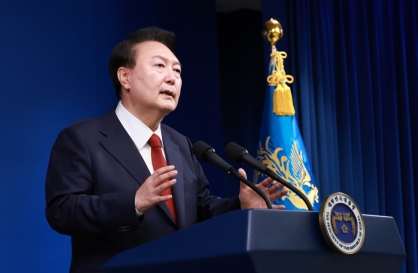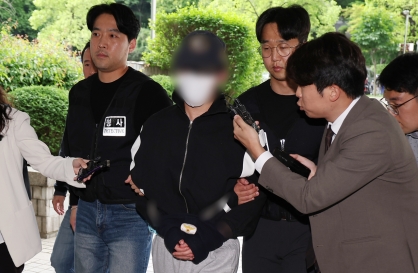South Korea's top court on Wednesday ordered the government to compensate 19 leprosy patients for forced vasectomies and abortions performed decades ago, the latest in a series of their legal victories.
Upholding a lower court's decision, the Supreme Court ordered the government to pay 30 million won ($26,200) to nine male victims and 40 million won to 10 women each for violating their human rights.

It was the top court's first ruling after lepers began their legal fight against the government that has been denying compensations.
South Korea began to carry out forced abortions and vasectomies on leprosy patients in the 1930s during Japan's occupation of the Korean Peninsula from 1910-45. The practice, based on the false belief that the disease was hereditary, is known to have lasted until the 1990s.
"In order to carry out the operations there should have been a legal basis and prior informed consent from the plaintiffs," the court said. "The state failed to meet such conditions in practicing its authority.
"Even if the plaintiffs gave a prior consent, they were forced to make such a decision based on prejudice, discrimination and poor social, educational and economic conditions without being fully informed of whether the disease was hereditary or if it can be cured," it added.
Five other similar cases filed by some 500 plaintiffs are pending in local courts. (Yonhap)










![[K-pop’s dilemma] Time, profit pressures work against originality](http://res.heraldm.com/phpwas/restmb_idxmake.php?idx=644&simg=/content/image/2024/05/08/20240508050705_0.jpg&u=20240508171126)







![[Today’s K-pop] Stray Kids to drop new album in July: report](http://res.heraldm.com/phpwas/restmb_idxmake.php?idx=642&simg=/content/image/2024/05/09/20240509050659_0.jpg&u=)